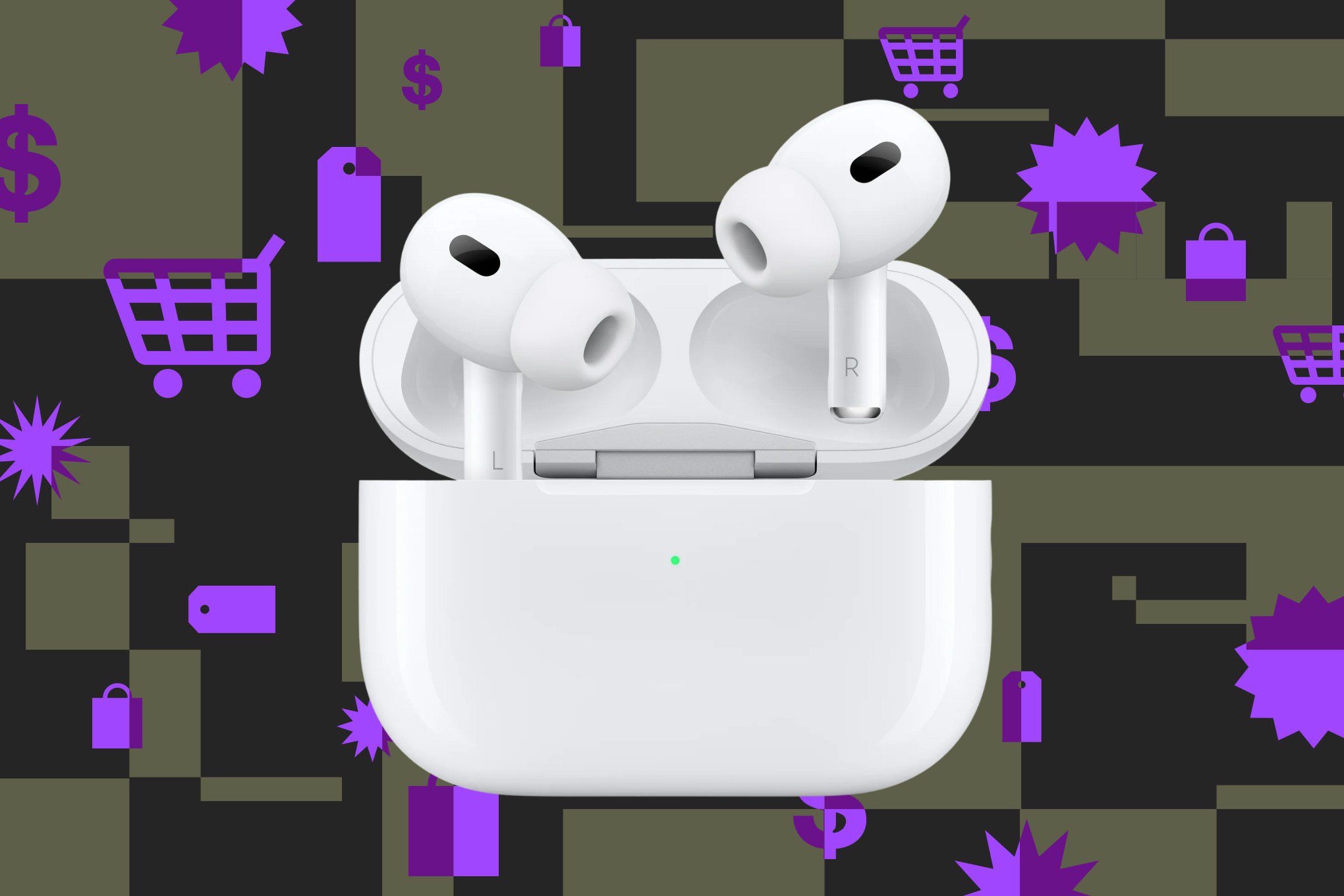google call recording launches on more pixel Google has expanded its Call Recording feature to a broader range of Pixel devices, enhancing the functionality of its Phone app for users.
google call recording launches on more pixel
Overview of Call Recording Feature
Initially announced in September, Google’s Call Recording feature is now rolling out to Pixel 6 and newer devices. This update is particularly significant for users who do not have access to the Gemini Nano-powered Call Notes feature, which is exclusive to the Pixel 9 and 10 series. As reported by 9to5Google, the Call Recording functionality is part of a broader effort by Google to enhance user experience and provide more robust tools for managing phone communications.
How to Access Call Recording
To utilize the Call Recording feature, users must first ensure that they have updated their Phone by Google app and installed the November Pixel Drop. This update is crucial as it integrates the new functionalities into the existing Phone app. Once these prerequisites are met, users can activate Call Recording by navigating to Settings > Call Assist > Call Recording within the app.
Comparison with Call Notes
While Call Recording simply captures audio files of conversations, the Call Notes feature available on the Pixel 9 and 10 devices employs artificial intelligence to transcribe calls and generate summaries. These summaries highlight key points and outline “next steps,” making it easier for users to keep track of important discussions. The distinction between these features is essential for users to understand their capabilities and limitations.
Features of Call Recording
The Call Recording feature offers several options that enhance its usability:
- Manual and Automatic Recording: Users can start recordings manually at the beginning of a call. Alternatively, the app allows for automatic recording of calls from specific numbers or calls that are not saved in the user’s contacts. This flexibility caters to various user preferences and needs.
- Storage Options: Users can choose how long to keep their recordings. Options include automatic deletion after 7, 14, or 30 days, or the choice to retain recordings indefinitely. This feature is particularly useful for users who may need to refer back to conversations for important information.
- Notification of Recording: When enabling Call Recording, users must download audio files that inform all participants on the call that the conversation is being recorded. This is a critical feature for compliance with legal requirements in many jurisdictions, where consent is necessary for recording conversations.
Setting Up Call Recording
Setting up Call Recording is straightforward. During the first call after enabling the feature, Google provides guidance on how recordings are managed and stored. This ensures that users are informed about the implications of recording calls and the privacy measures in place.
Requirements for Using Call Recording
For Pixel 6 and newer devices, the Call Recording feature requires Android 14 or higher. However, non-Pixel devices that have the Phone app installed only need Android 9 or newer to access the feature. This broader compatibility allows more users to take advantage of Call Recording, regardless of their device brand.
Legal Considerations
It is essential for users to be aware of the legal implications of recording phone calls. In many regions, laws require that all parties on a call consent to being recorded. Google’s inclusion of a notification feature aims to address these legal concerns by ensuring that all participants are informed. Users should familiarize themselves with local laws regarding call recording to avoid potential legal issues.
Stakeholder Reactions
The rollout of the Call Recording feature has garnered a mix of reactions from users and industry analysts. Many users appreciate the added functionality, particularly those who frequently engage in business calls or need to keep records of important conversations. The ability to automatically record calls from specific contacts or unknown numbers has been highlighted as a significant advantage.
However, some privacy advocates have raised concerns about the implications of recording calls, even with notification features in place. The potential for misuse of recorded conversations is a topic of ongoing debate, and users are encouraged to use the feature responsibly.
Implications for Users
The introduction of Call Recording may change how users interact with their phones. For professionals, the ability to record calls can enhance productivity by allowing them to focus on conversations without the distraction of taking notes. Additionally, having a record of discussions can aid in accountability and follow-up actions.
On the other hand, casual users may find the feature beneficial for personal use, such as preserving memorable conversations or important information shared during calls. The flexibility to manage recordings according to personal preferences adds to its appeal.
Future Developments
As Google continues to enhance its Phone app, the future may hold even more advanced features related to call management. The integration of AI technologies, as seen with the Call Notes feature, suggests that Google is committed to improving user experience through innovative solutions. Users can anticipate further updates that may include enhanced transcription capabilities, better organization of recorded files, and improved privacy settings.
Conclusion
The rollout of the Call Recording feature to Pixel 6 and newer devices marks a significant step in Google’s efforts to enhance its Phone app. With its user-friendly setup, flexible recording options, and legal compliance measures, Call Recording is poised to become a valuable tool for many users. As technology evolves, the implications of such features will continue to be a topic of discussion, balancing convenience with privacy considerations.
Source: Original report
Was this helpful?
Last Modified: November 14, 2025 at 9:39 pm
2 views















